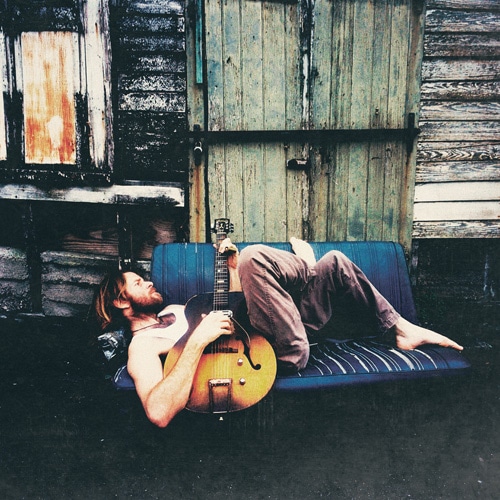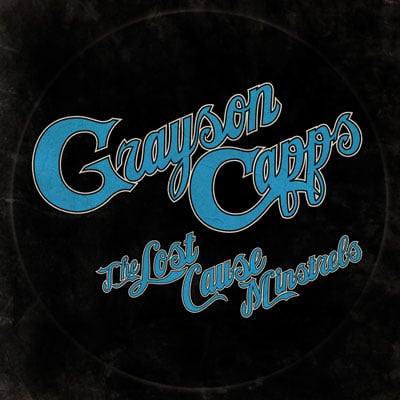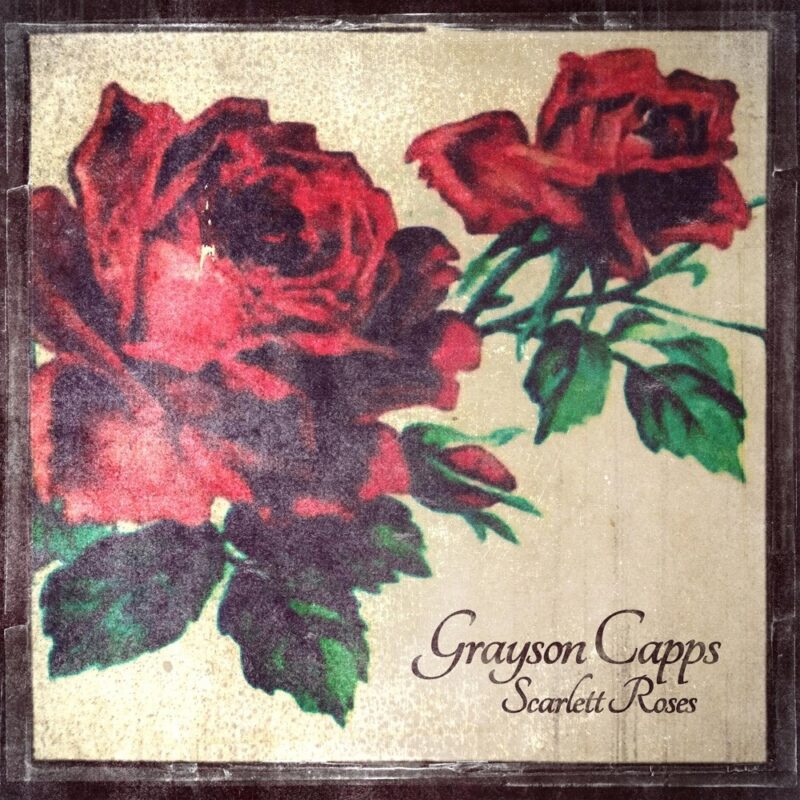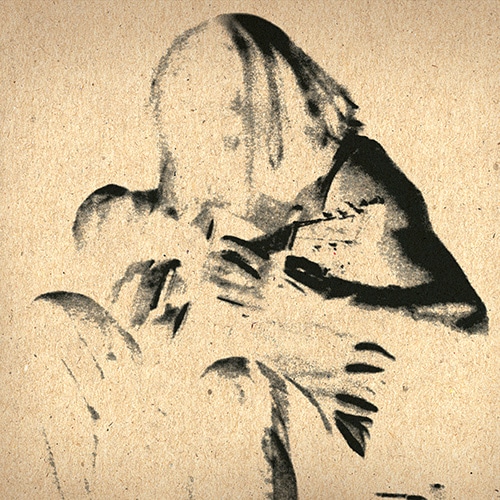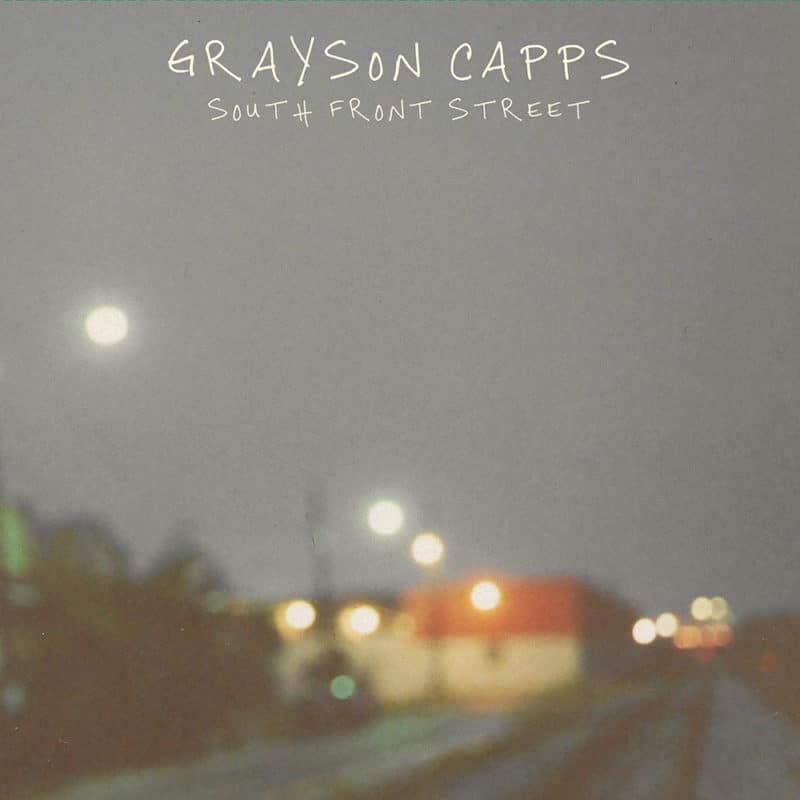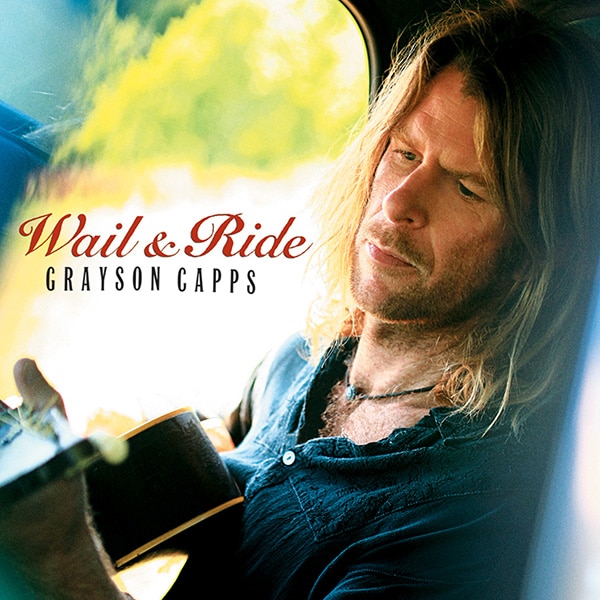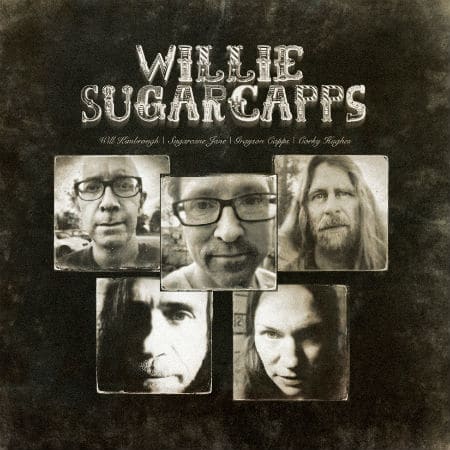The Alabama native moved back to his home state with his wife, the Grammy Award-winning engineer/producer Trina Shoemaker, and cut himself loose from the self-imposed deadlines he’d been adhering to for the better part of a decade. He built a writing shack in his backyard and christened it a sacred space for creation without targets or schedules. There, he tapped deep into his subconscious, channeling the songs that would become ‘Scarlett Roses’ from a trance-like state in which the music practically bubbled up out of him like water from a spring.
“A lot of these songs came to me the way dreams do, where all these different bits and pieces from all these different parts of life come together,” says Capps, who documented his streams of consciousness with the voice memo app on his phone. “I would sit back there in that shack and just play, and things would come to me because I wasn’t actually trying to make a record. Nothing was forced. It made me relax.”
Hailed by
NPR’s
Mountain Stage for his “unbridled energy and authenticity,” Capps first emerged as a solo artist in 2005 following stints in the New Orleans thrash folk band the House Levelers, which he joined while still a student studying theater at Tulane, and his subsequent blues-rock group, Stavin’ Chain. His proper debut release under his own name, ‘If You Knew My Mind,’ earned rave reviews, with the
New Orleans Times Picayune writing that “his character-based narratives are guaranteed to make you ache and exult” and
Exclaim! calling it “a Southern gothic tour de force.” After Hurricane Katrina forced Capps to relocate to Franklin, TN, he went on to release a string of similarly exalted albums that earned him devoted followings in both the US and Europe, including 2006’s ‘Wail & Ride,’ which J
amBase said “hums with quiet wisdom and unforced momentum;” 2007’s ‘Songbones,’ described by
All Music as “poetry filled with the bloody glory and taut acceptance of real life on the bottom;” and 2008’s ‘Rott & Roll,” an album that prompted
American Songwriter to declare, “Take the poetry of Texas troubadour Townes Van Zandt, combine with Steve Earle’s edgy attitude and stir with a little cup of the bayou-blues (think Howlin’ Wolf) and you start to get a taste of Capps’s scrumptious gothic gumbo.” He followed it up in 2011 by assembling a crew of Gulf Coast all stars to back him on ‘The Lost Cause Minstrels,’ a record which found him more than living up to the “Tennessee Williams-meets-Charles Bukowski” tag he’d earned from
Blurt, and upon returning to Alabama, he teamed up with Will Kimbrough, Sugarcane Jane, and Corky Hughes to host a weekly songwriters’ night that proved to be so much fun it resulted in a pair of collective albums released under the name Willie Sugarcapps.
While working at such a prolific pace has its benefits, it can leave precious little time for experiencing the life you’re writing about. Capps found himself undergoing immense personal changes during this period, and only through slowing down was he able to process what it all meant.
“The songs on ‘Scarlett Roses’ really chronicle me discovering my position in the world,” says Capps. “It was a process that felt like gaining something and losing something at the same time.”
Recorded over the course of two whirlwind sessions (one at Dockside Studios in Maurice, LA, and the other at Dauphin Street Sounds in Mobile, AL), the album tackles heavy issues: separation from loved ones, the weight of fatherhood, the mortality of our parents, self-medication. As serious as the topics may sound, Capps manages to write with an eye towards beauty and humor, extracting hard-won catharsis and even genuine joy from pain and loss. The songs were cut live with just a few takes in order to capture the magic of the band discovering the music as they performed it, and their infectious chemistry is an ideal match for Capps’ gravelly voice and keen insight.
Produced jointly by Shoemaker, Capps, and Hughes, ‘Scarlett Roses’ opens with its title track, which builds from a gentle acoustic strum to a full steam Southern rocker calling to mind the early days of Jay Farrar and Son Volt. The song envisions a ship departing with a loved one onboard, leaving behind only the scent of perfume and the whisper of a nearly forgotten melody as the narrator seeks closure.
“That song came to me in that whole whirlpool of dreams, mixing emotions about old love and daughters and sons and aging parents,” reflects Capps. “It’s an interesting thing that happens when you let yourself enter that relaxed, hypnotic trance state. You start singing and all these lyrics just start coming from all these different places.”
That uninhibited sense of creative freedom proved to be key to Capps’ writing process on the album. The eerily intense “Taos” grew out of experimentations with drum loops in his wife’s studio space, while the funky blues of “Hold Me Darlin” was inspired by a day spent fingerpicking like Keb Mo’ and Mississippi John Hurt. On “You Can’t Turn Around,” Capps serves up a lively slice of Southern noir about pressing on through regret, and the Drive-By Truckers-esque “Bag Of Weed” offers a tongue-in-cheek response to the simplified and sanitized world of modern pop country. Perhaps the album’s most powerful moment, though, arrives with the tender and atmospheric “New Again,” which features gorgeous harmonies from fellow songwriter Dylan LeBlanc.
“I wrote that song after my dad’s open heart surgery, when I didn’t know if he was going to make it,” says Capps. “I’m a father and a son now, and when you’re both at the same time, it’s a balancing act to maintain your own sanity and to try to be the best you can be for both worlds.”
If there’s anything Capps has learned from this process, it’s to slow down and simplify, to eliminate the pressure of expectation and the fear of loss in order to truly connect with yourself in a deep and meaningful way. As a result, ‘Scarlett Roses’ is the most sophisticated, mature, and resonant collection of music he’s ever recorded. It’s a rock and roll album the Buddhists might call Zen. Grayson Capps, however, just calls it relaxed.
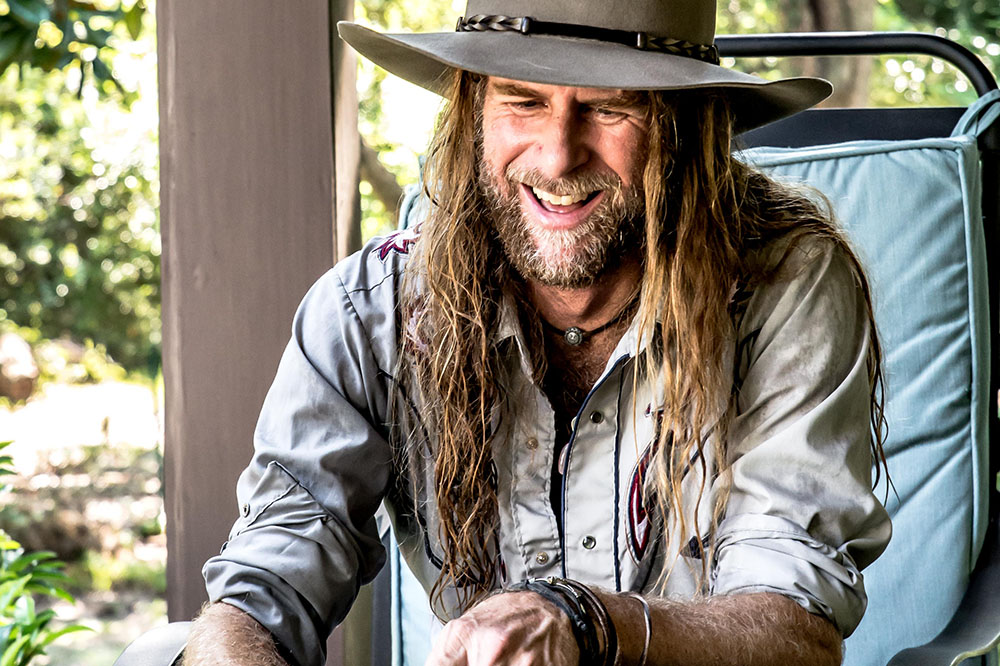
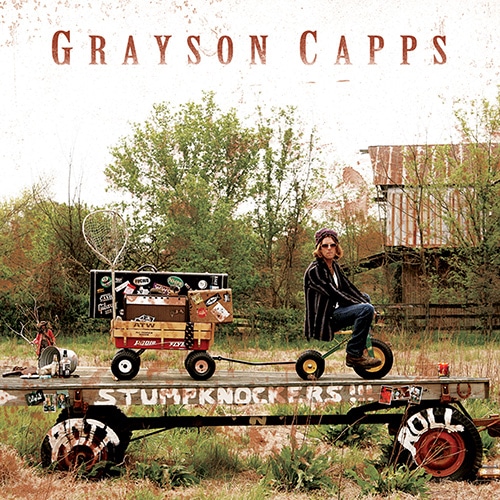 Out of stock
Add to Cart
This product has multiple variants. The options may be chosen on the product page
Grayson CappsRott N Roll
Out of stock
Add to Cart
This product has multiple variants. The options may be chosen on the product page
Grayson CappsRott N Roll


